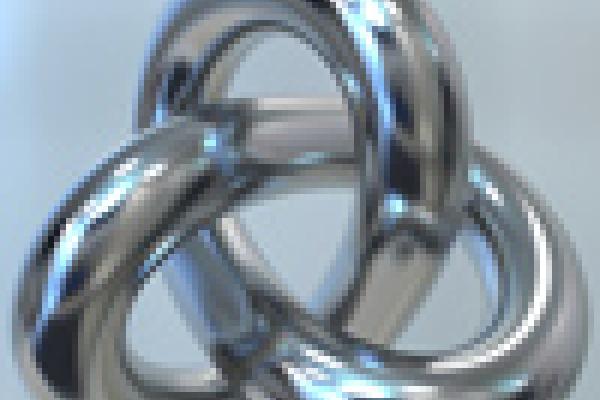Article

Does infinity exist?
John Barrow gives us an overview, from Aristotle's ideas to Cantor's never-ending tower of mathematical infinities, and from shock waves to black holes.